Meridian Group’s Upbeat Take on Industrial
CIO James Huckaby on priorities, market fundamentals and TMG's plans in the sector.
In spite of inflationary pressure and a looming recession, demand for industrial space continues to be elevated. The outlook remains positive for the darling of the commercial real estate industry, which was the least affected sector during the pandemic, as it was stimulated by e-commerce. No wonder that interest from investors in picking up industrial assets is only growing.
One of the companies that recently embraced the industrial sector is The Meridian Group, which broke ground on a 2.7 million-square-foot logistics project in Winchester, Va., in August.
To find out more about the company’s plans and strategy, Commercial Property Executive reached out to James Huckaby, partner & CIO. Huckaby stepped into this new role after spending more than two decades at Goldman Sachs. In the interview below, he talks about his priorities and what’s next for the company, but also shares his insights on market dynamics.
READ ALSO: Industry Embraces Reshoring Initiatives
What is your main objective in your new role?
Huckaby: In my new role, I am responsible for the design and implementation of TMG’s industrial and residential strategies throughout the U.S. I am excited to be able to lead the strategic growth initiatives and partner with best-in-class developers and operators as we grow our industrial and residential platforms.
My immediate focus is on establishing a presence in our target markets beyond the D.C. area. For the remainder of 2022, we will be building out our pipeline of opportunities in target markets and beginning to raise capital around our new strategies. TMG is very well positioned for growth, given our top-tier talent, long-standing institutional capital relationships and existing infrastructure. We will also be focused on attracting more top-tier talent in our new Dallas office.
This summer, TMG began work on One Logistics Park in Virginia. Tell us more about the project and its status. Are you considering additional partnerships for projects such as this one?
Huckaby: One Logistics Park is a project we are really excited about. The horizontal construction/grading of the site is underway and will deliver the only more than 1 million-square-foot building in the Interstate 81 Corridor south of Maryland in 2024, which bodes very well for demand given the fact that Virginia is consistently the best state for doing business in the U.S.
We are also finalizing plans for the speculative construction of the smaller building—360,000 square feet—and seeing good demand from potential gas service/convenience store tenants for our small retail bay. As far as additional partnerships, we are always seeking to maximize value, so to the extent strategic partnerships on deals make sense we will certainly pursue them.
TMG is known for heavily investing in office, retail, hotel and mixed-use projects. Why did you decide to branch out into industrial? Can you share some thoughts on your growth strategy in the sector?
Huckaby: We continue to be bullish on industrial and the need for more quality industrial around the country, with a particular focus on the eastern seaboard. Our strategy is centered on the shift in overseas shipping volume from West Coast ports to East Coast ports as users look to refine their overall supply-chain dynamics. We think this dynamic will continue and accelerate, and we view this as a good time to be a market participant.
At present, what kind of industrial assets are most in demand, and do you expect this to change in the near future?
Huckaby: It’s a bit market specific, understanding there are several different ways to play industrial today. We recognize that in many cities the last-mile and fulfillment centers are in high demand and will continue to be in the near term, even as e-commerce sales decelerate near term. That said, what we are focused on is the broader macro trend tied to changes in supply-chain resiliency and the rising levels of import container volumes—relative to the West Coast—on the eastern seaboard, particularly in the Southeast and Gulf Coast. We believe these markets will continue to outperform near term.
What type of locations are appealing to you when it comes to expanding to new markets?
Huckaby: It’s an exciting time at TMG as we venture into different markets and expand our geographic footprint. I look forward to reconnecting with many of my former relationships in the development space, as we seek to partner in other cities around the country. The markets we are focused on display strong underlying growth characteristics, as well as relative affordability to more traditional gateway markets.
Our strategy in housing and industrial is correlated in the sense that we are seeking to directly invest in markets that have displayed and continue to demonstrate strong population growth with corresponding wage growth, which ultimately necessitates additional housing stock be produced. Tied to this is the shift in population into Sun Belt markets, which in turn drives demand for industrial.
What are the challenges in acquiring industrial assets today? Are increased borrowing costs a significant factor in the process?
Huckaby: Buying assets today is difficult. Investors have to be more tactical today, given the dislocation in the financing markets and macroeconomic backdrop. The market is still in price-discovery mode in many respects, with a lot of capital sitting on the sidelines. At TMG, we are thematic investors on the buy-side, and are seeking relative value in trades where we can identify mispriced risk. Until more buyers come off the sidelines to substantiate value, we will likely remain focused on our development businesses where we think we can create the most value for our investors.
Any advice for investors spotting prime opportunities in today’s landscape?
Huckaby: Be patient and invest with conviction. In times of uncertainty, there is a tendency among market participants to deviate from their core competencies and strategy. Focus on quality in all aspects of your investing strategy—location, partner selection etc.
What are your predictions for the industrial sector in 2022 and beyond?
Huckaby: Fundamentals in most markets remain strong even in the face of a potential economic contraction. This is different from prior cycles when industrial was so highly correlated to GDP growth, but the asset class has evolved significantly. Companies need resilient and efficient supply chains to support the distribution, and just as important, the storage of goods. The supply-side shocks we have experienced throughout the pandemic, which still exist today, have led to significant onshoring activity. Legislation aimed at boosting U.S manufacturing should increase demand even further in the coming years. Overall, I like the underlying fundamentals and think the asset class has material runway to grow and continue to evolve.

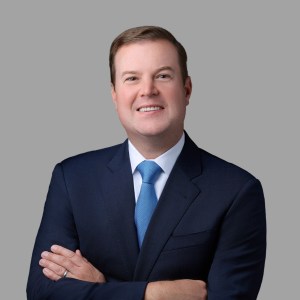
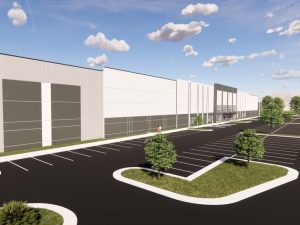


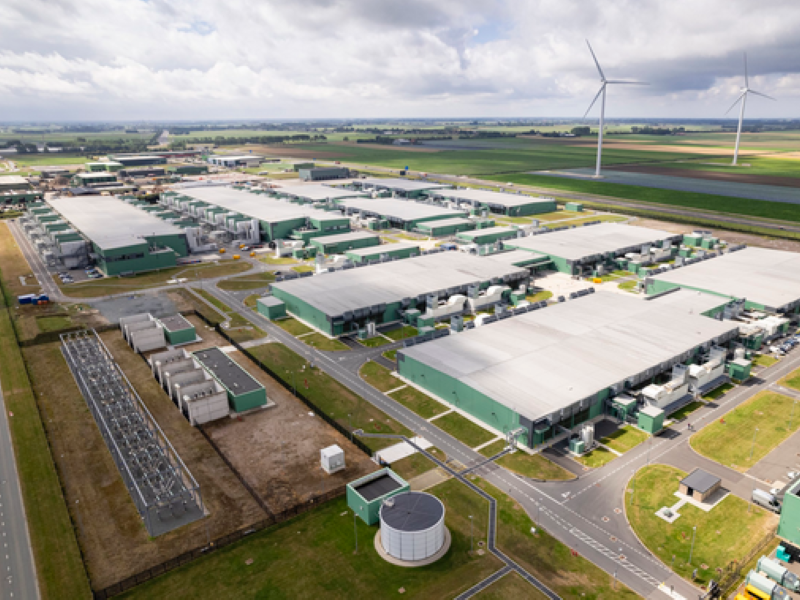
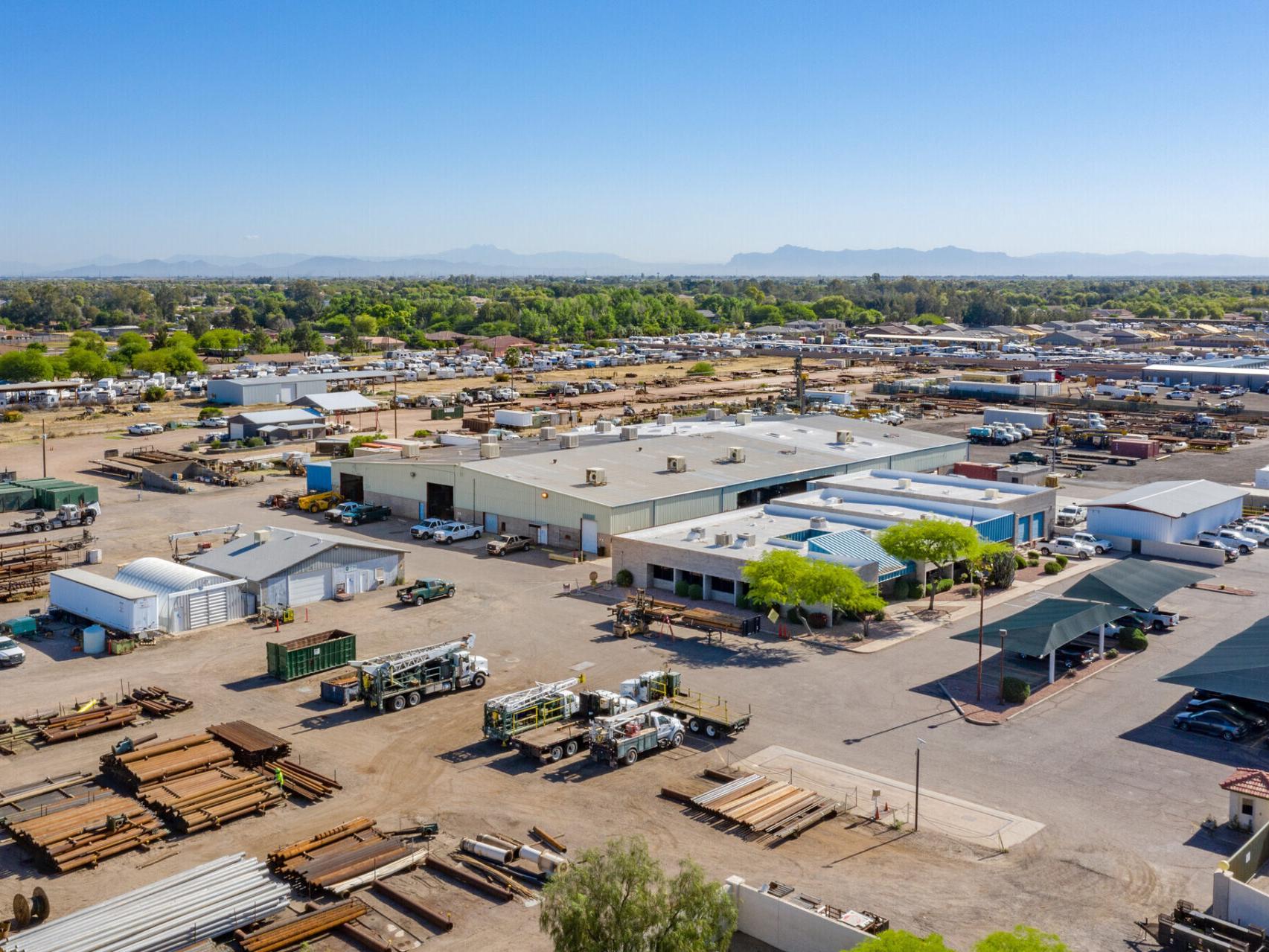

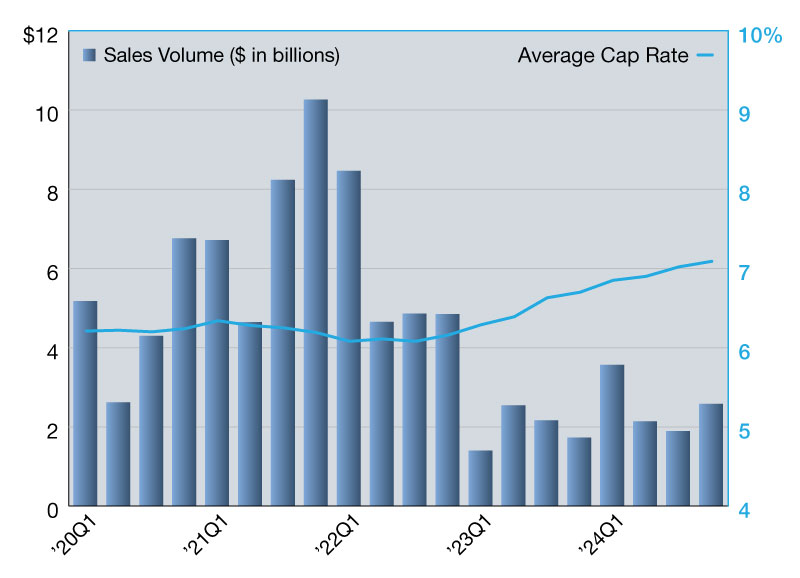
You must be logged in to post a comment.